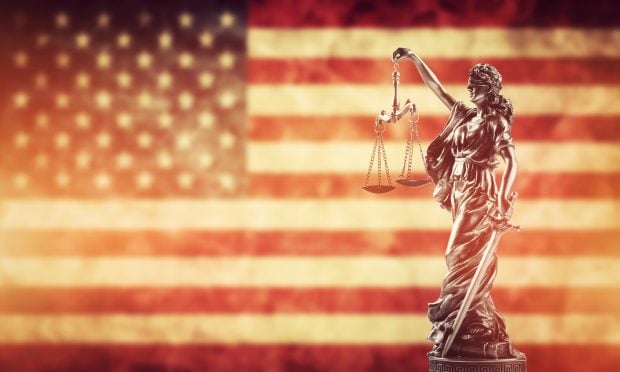 Source: AdobeStock.
Source: AdobeStock.
If you think you've gotten the short end of the stick when you were made responsible for complying with your state's unclaimed property laws, cheer up. Recent developments have made this one of the most intriguing areas of the law when it comes to balancing federal and state prerogatives. In fact, a recent series of cases demonstrates why this area of the law is both deceptively complicated and under increased scrutiny.
All 50 states and the District of Columbia have laws regulating how unclaimed funds are to be reported, and in most cases escheated to the state in which the account is located. There are millions of dollars at stake; in Delaware alone, these funds are the fourth largest source of revenue for the state.
Recommended For You
By the way, escheatment is simply a fancy way of saying that the money is given to the state, ostensibly for safekeeping, until the property owner comes forward to claim their funds. In reality, the more money that remains unclaimed the more money states have at their disposal, which is the subtext of the cases I'm going to be talking about.
As a general rule, disposition of property is regulated by state law and regulation. This is simple enough to enforce when it comes to real estate, but it gets a little trickier when it comes to cash located in a bank or credit union in one state and a record owner in another. To make matters worse, states have no means of making another state follow their unclaimed property laws. Historically, states have had to sue each other and let the Supreme Court resolve these disputes.
In 1965, in Texas vs. New Jersey 379 U.S. 674, the court provided states with guidance as to which jurisdiction had the rights to unclaimed funds that were subject to disputes between the states. The court held that unclaimed funds would first belong to the state in which the account holder's last known address was located. If there is no last known address, then the property would escheat to the state where the account holder's bank or credit union was headquartered.
This was clear enough, but in 1974, Congress added a wrinkle to the law when it passed a law codified in 12 USC 2503. This law provided that if a financial institution's records show the state in which a money order, traveler's check or similar written instrument was purchased, that state shall be entitled exclusively to escheat or take custody of the sum payable on such instrument. This change was reflected in state law as well in states including California, Illinois and New Jersey.
So, here's where things stand. We know that as a general rule, the last known address governs which state ultimately has claim to uncollected funds. We also know that federal law made an exception to this rule for, among other things, traveler's checks, money orders and "other similar written instruments." The multi-million dollar question with which courts are being confronted is what constitutes similar written instruments and whether financial institutions be directly sued for allegedly violating this portion of unclaimed property law.
JPMorgan Chase Bank, N.A. v. Superior Court :: 2022 :: California Courts of Appeal Decisions :: California Case Law :: California Law :: US Law :: Justia, as well as two other identical cases in Illinois and New Jersey, will provide answers. Both banks that are being sued are headquartered in Ohio, but they have branches in California. Pursuant to their policies, when they issue a cashiers check in California, they typically will not know the address of the person to whom it is issued. For the portion of these checks that are uncashed, the banks follow the traditional rule of escheating the funds to the State of Ohio, where they are headquartered. In these lawsuits, the plaintiff is arguing that these banks are knowingly violating the law by how they treat unclaimed cashiers' checks. For this argument to be successful, they must persuade the courts that a cashiers' check is similar to a travelers' check or money order. Incidentally, Ohio's abandoned property law is much more generous than California's for banking institutions.
The outcome of these lawsuits have important implications, not only for these banks but for all financial institutions, which is why The U.S. Chamber of Commerce and the California Bankers Association submitted briefs in support of the banks. Most importantly, disputes about how to reconcile unclaimed property claims have historically been hammered out by the states and the Supreme Court. This case raises the possibility that future litigation would involve institutions being sued for alleged violations of the law, even when there are reasonable disputes over how it should be interpreted. Secondly, the case will provide important guidance for the states and compliance professionals over how unclaimed funds are to be handled.
 Henry Meier, Esq.
Henry Meier, Esq. Henry Meier is the former General Counsel of the New York Credit Union Association, where he authored the popular New York State of Mind blog. He now provides legal advice to credit unions on a broad range of legal, regulatory and legislative issues. He can be reached at (518) 223-5126 or via email at [email protected].
© Touchpoint Markets, All Rights Reserved. Request academic re-use from www.copyright.com. All other uses, submit a request to [email protected]. For more inforrmation visit Asset & Logo Licensing.






